Proper Hand Washing Saves Lives Worldwide – How You Can Help
Considering all medical interventions combined, washing hands with soap and water remains the most effective way to prevent infectious disease from spreading, and is a cornerstone of our development efforts in Tanzania’s Reaching Children’s Potential (RCP) Demonstration Program. Parents say their family’s health greatly improved after they adopted proper hand-washing habits and technology at their homes. Read on to learn how.
For decades, experts have taught that washing hands with soap is three times more effective than building latrines, more than 50 times as effective as providing clean tap water, and nearly 200 times as effective as any single immunization. From a cost-benefit perspective, the evidence is indisputable: Clean Hands Save Lives.
Throughout our partner communities, Global Volunteers teaches hand washing to children to help parents and caregivers instill healthy behaviors at an early age. In the Ukwega Ward, Tanzania, hand washing is a key component of the RCP Program.
Our Message Over the Years – Hand washing saves lives.
One of the most important contributions short-term volunteers have made in the more than 110 communities we’ve served over three decades is modeling hand washing with soap and water. Because team members provide this example in the same communities multiple times a year, the impact is cumulative. Lack of access to both piped water and soap are barriers to hand washing in the developing world. So, that’s where the design of the “Tippy-Tap” hand-washing station adopted by the RCP Program overcomes those challenges.
In places like rural Tanzania where the comprehensive community-led RCP project is implemented, Global Volunteers provides and helps install these hand-washing stations. They pair this technology with preventative care instruction through parent workshops and school demonstrations on the proper technique and health benefits of clean hands. This added education and technology enables families to embrace healthy practices at home.
RCP families participate in monthly workshops on parenting, nutrition, and growth and development topics. One of the first they attend is on hand washing, which includes the installation of individual hand-washing stations at their own homes. During this session, they learn the importance of washing hands before and after using the toilet, before and after preparation of meals, after changing diapers, after working on farms, and after contact with livestock. More than 500 families have joined the RCP Program since it began in 2017, and participate in all the practices, using home hand-washing stations!
The result? Community members are noticing a significant impact on family’s health. RCP mom Lenida Nyenza reports, “We used to have a lot of illness like diarrhea and stomach fever, regular running nose, and coughing. It was happening that all of my children were getting sick even twice or three times a week. But since we have the hand-washing station, we have not experienced these types of illness for a long time now.”
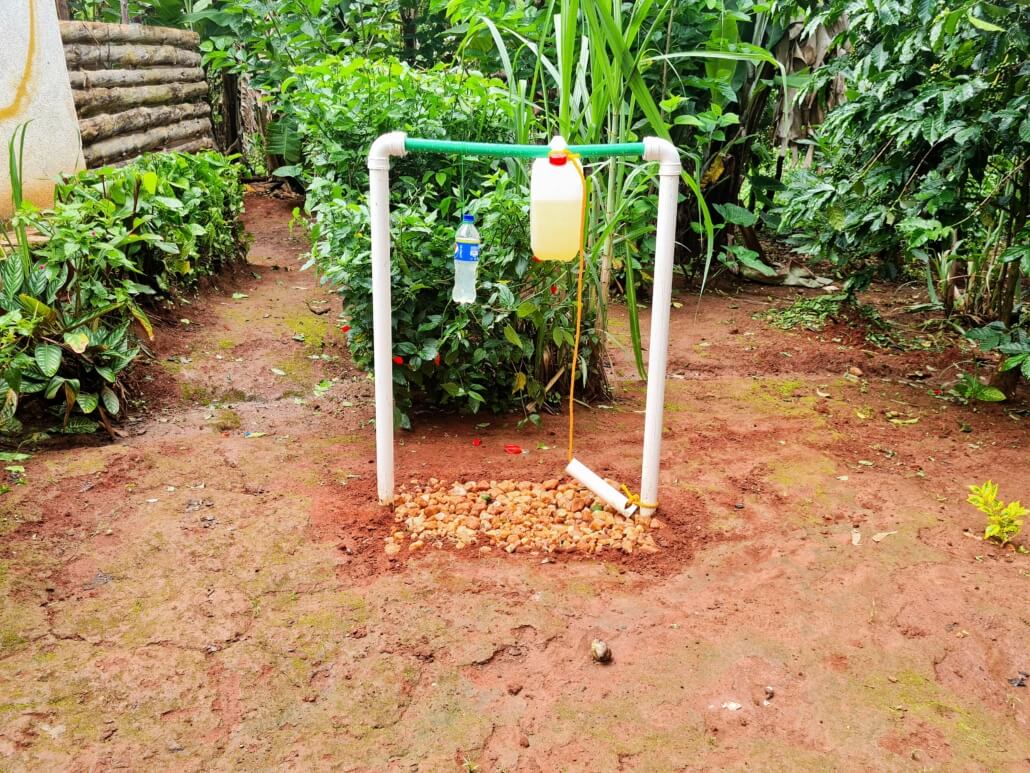
Providing Appropriate Technology
In Tanzania, the RCP caregivers, families, and volunteers together install hand-washing stations which are equipped with liquid or bar soap and sanitized water. A central element of the station’s effectiveness is its location near to cooking and toileting areas of a family’s home and schools. The hand-washing stations are simple and economical innovations, made with commonly-available materials, and not dependent on a piped water supply. The user touches only the soap, which hangs from the simple frame. The tap is operated by a foot lever, which connects to a plastic jug by a rope to allow a free stream of sanitized water to flow over the user’s hands, thereby reducing the chance for bacteria transmission.
“We used to have a lot of illness like diarrhea and stomach fever, regular running nose and coughing. It was happening that all of my children were getting sick even twice or three times a week but since we have the hand-washing station, we have not experienced these types of illness for a long time now.”
Lenida Nyenza, RCP mother
Latrines, clean water, and immunizations are also important and complementary health initiatives in the comprehensive RCP Program. However, washing hands with soap will still save more lives than any single vaccine or other medical intervention. This simple, safe, and cost-effective practice that people of all ages can adopt is a major contributor to saving lives worldwide. The RCP parents of Ukwega Ward in Tanzania are living testament to this fact!
You may also like:

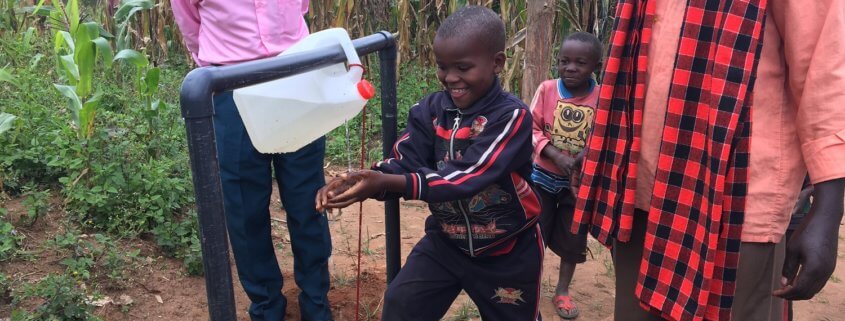
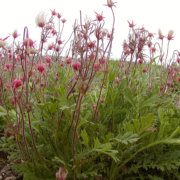
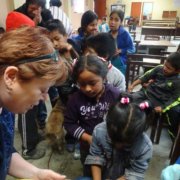
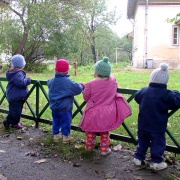
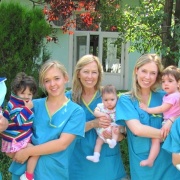
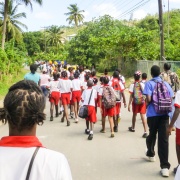
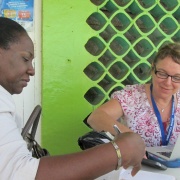
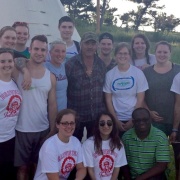
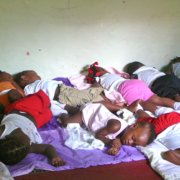


Leave a Reply
Want to join the discussion?Feel free to contribute!